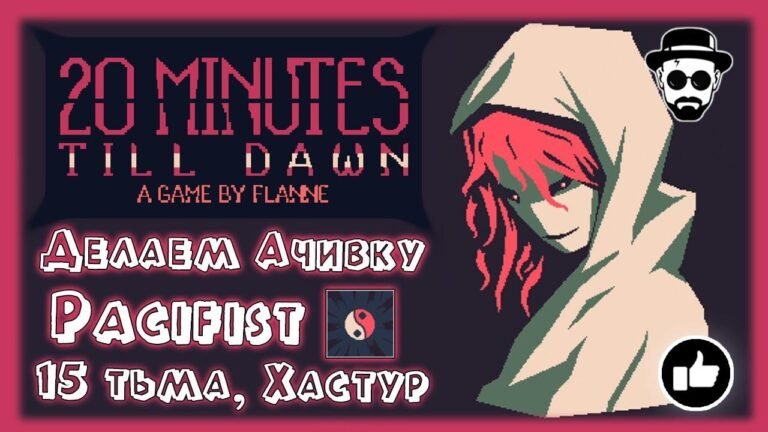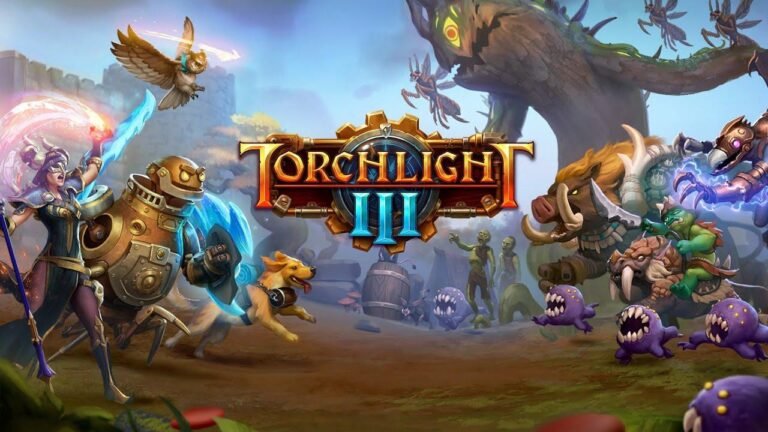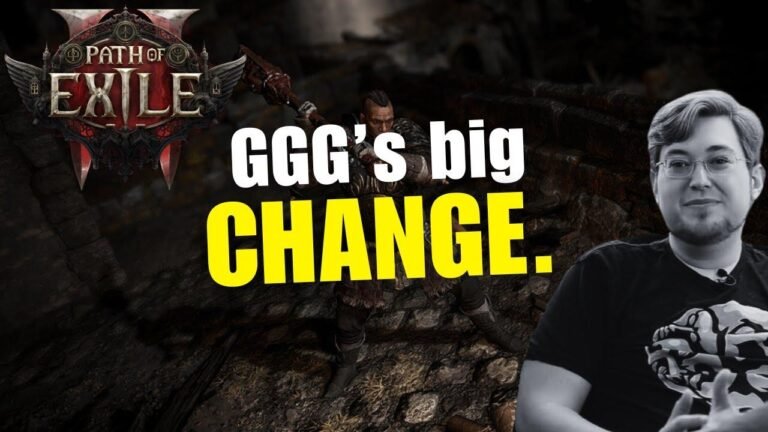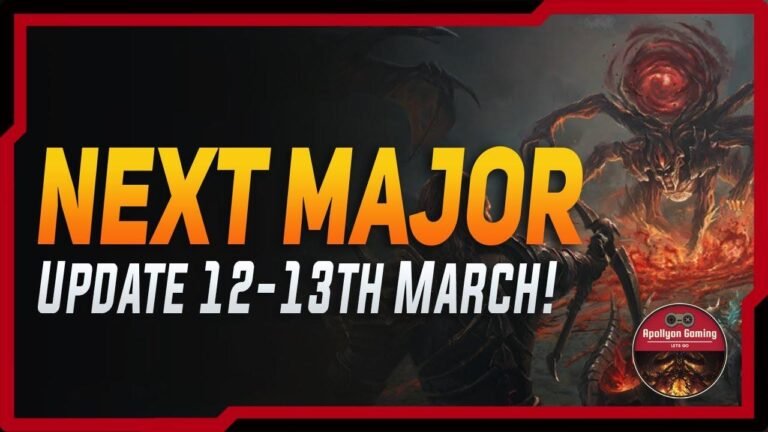
Inhaltsübersicht
Microtransactions and the presence of paid content in video games are significant topics that have sparked discussions among gamers in recent years. This trend is reshaping the landscape of gaming, particularly in terms of how game developers generate revenue and how players experience their favorite titles.
One major concern is the steeper price of games because of paid content. This has led to the development of tactics such as microtransactions and gating important game features behind paywalls, changing the way players engage with their favorite games and potentially altering their overall experience.
Today, many games introduce features that used to be included for free as paid content. The implementation of these paid features has heavily influenced the way games are designed and played, with many core mechanics now being treated as additional paid content.
| Pros of Microtransactions | Cons of Microtransactions |
|---|---|
| Provides a new source of revenue | Can alter the player experience |
| Allows flexibility for developers | Creates an unequal gaming experience |
| Offers personalization options | May disrupt game balance |
Deluxe editions and game bundles have become increasingly popular in the gaming industry, offering players exclusive in-game content, additional storylines, or even physical merchandise. However, this trend has raised concerns about the value proposition offered to players and the potential impact on the gaming community as a whole.
Deluxe editions often include exclusive in-game bonuses, such as additional story content, premium outfits, and bonus game modes. While these additions can enhance a player's gaming experience, questions arise regarding the pricing and whether these extras truly elevate the overall value of the game.
Wichtigste Erkenntnisse:
- The surge in deluxe editions and game bundles raises questions about the value provided to players.
- The add-ons included in these editions may not always justify the additional cost.
One of the most controversial aspects of recent gaming trends involves the monetization of complete game experiences. Players are encountering extensive content divided between base game releases and optional add-ons, prompting discussions about ethical game development practices and the impact on the gaming community.
Games with narrative-driven experiences often release paid expansions or future story content as separate add-ons. While these additional features can enhance the game's narrative, they pose financial and gameplay challenges for players who strive to experience the complete story without interruptions.
"Game DLCs and expansions can add depth to the gameplay, but their pricing models have prompted debates about their value proposition and potential game balance shifts."
Monetization strategies in games have sparked debates on ethical considerations within the industry. Questions arise about the impact of extensive microtransactions and high-priced deluxe editions on players' experiences, creating a paradox where game developers strive for profitability while offering players fair and fulfilling gaming experiences.
Game developers must strike a balance between generating revenue with new monetization approaches and ensuring that players receive fair value. This challenge encompasses various aspects, including providing comprehensive gaming experiences and avoiding pay-to-win mechanics.
FAQ:
- Do microtransactions create an unfair gaming experience?
- What are the ethical considerations of offering paid narrative content in games?
Schlussfolgerung
In conclusion, the evolution of paid content and microtransactions within the gaming industry has sparked multifaceted discussions. While these trends promise enhanced gaming experiences, they also raise substantial concerns about their impact on game fairness, narrative coherence, and overall player satisfaction. Therefore, game developers must carefully navigate the ethical dilemmas inherent in these monetization strategies.
Courtesy:
Molly Taylor
















